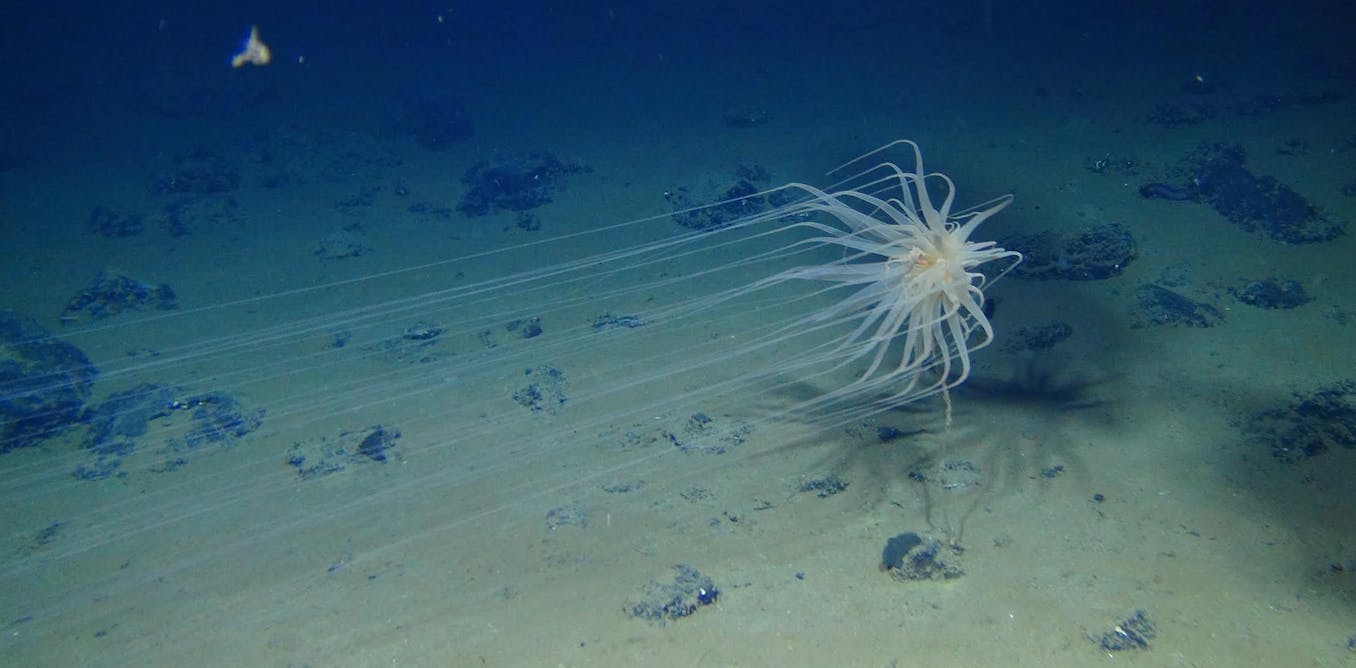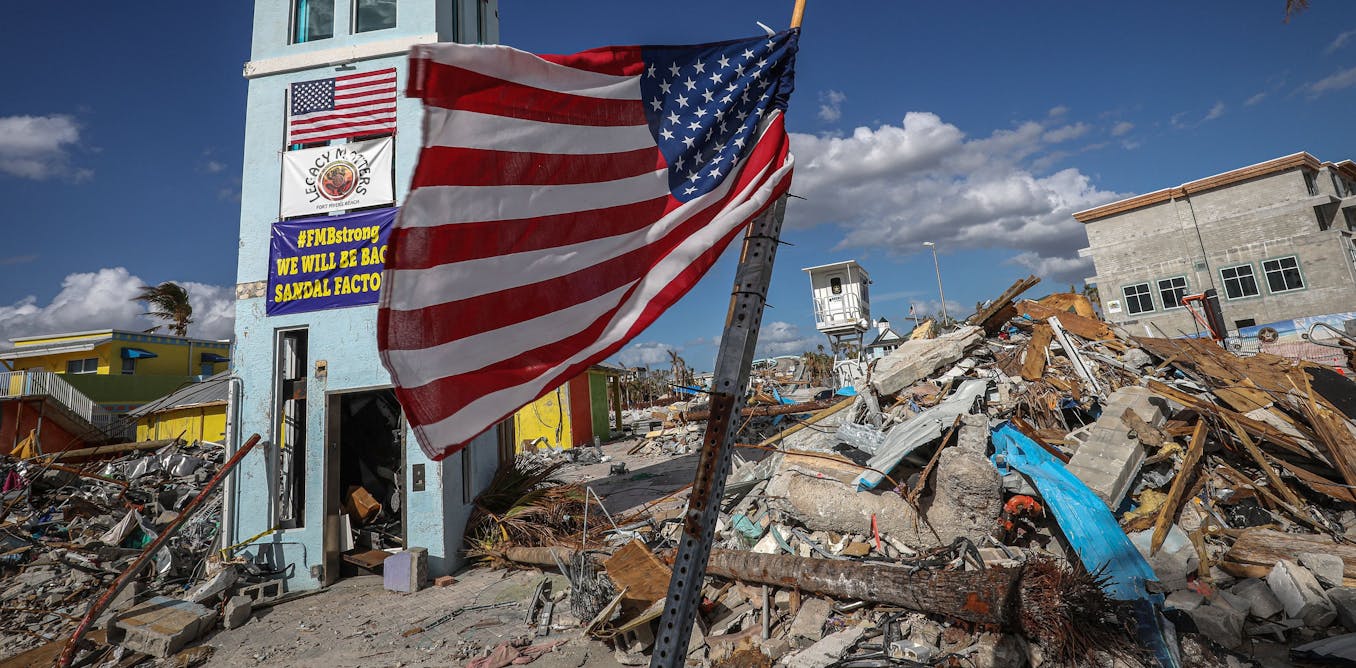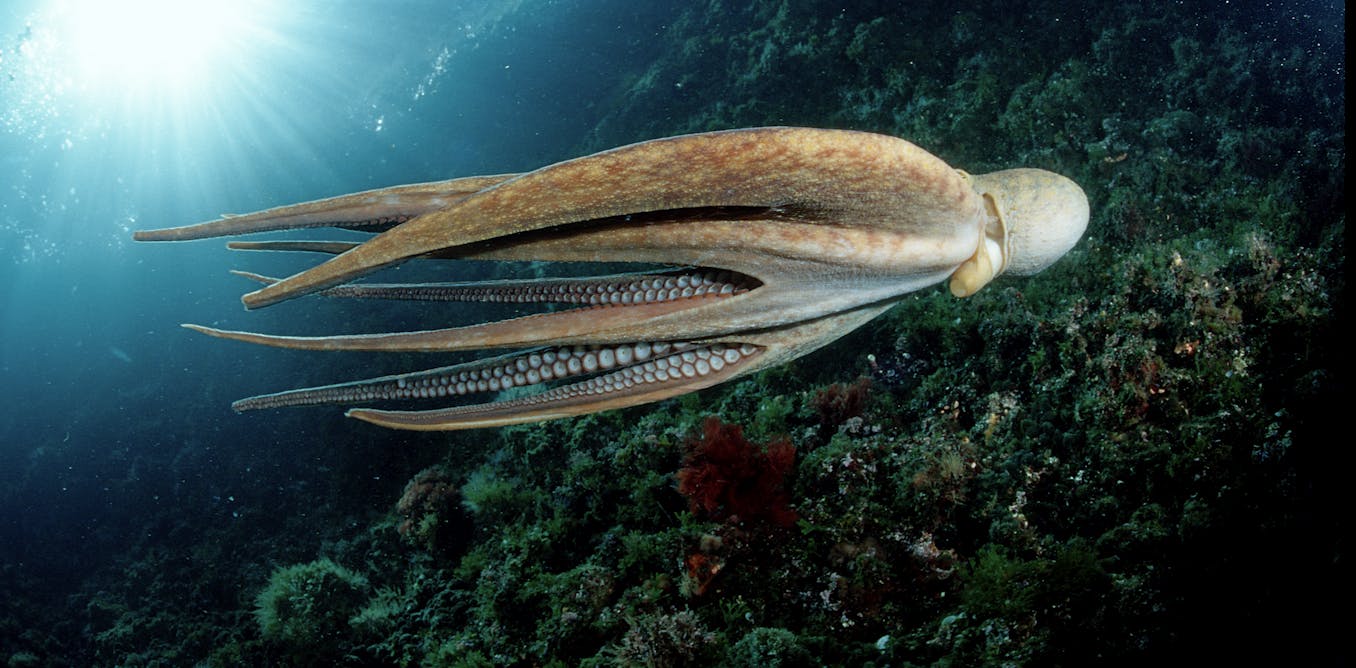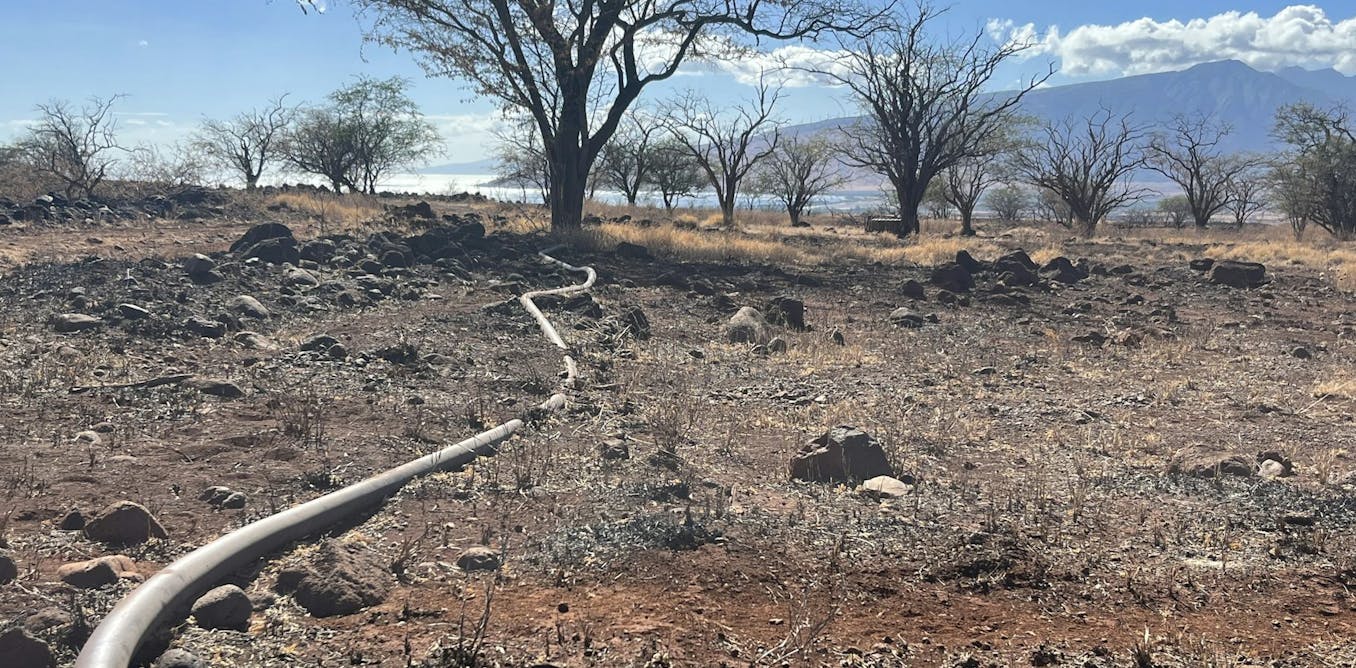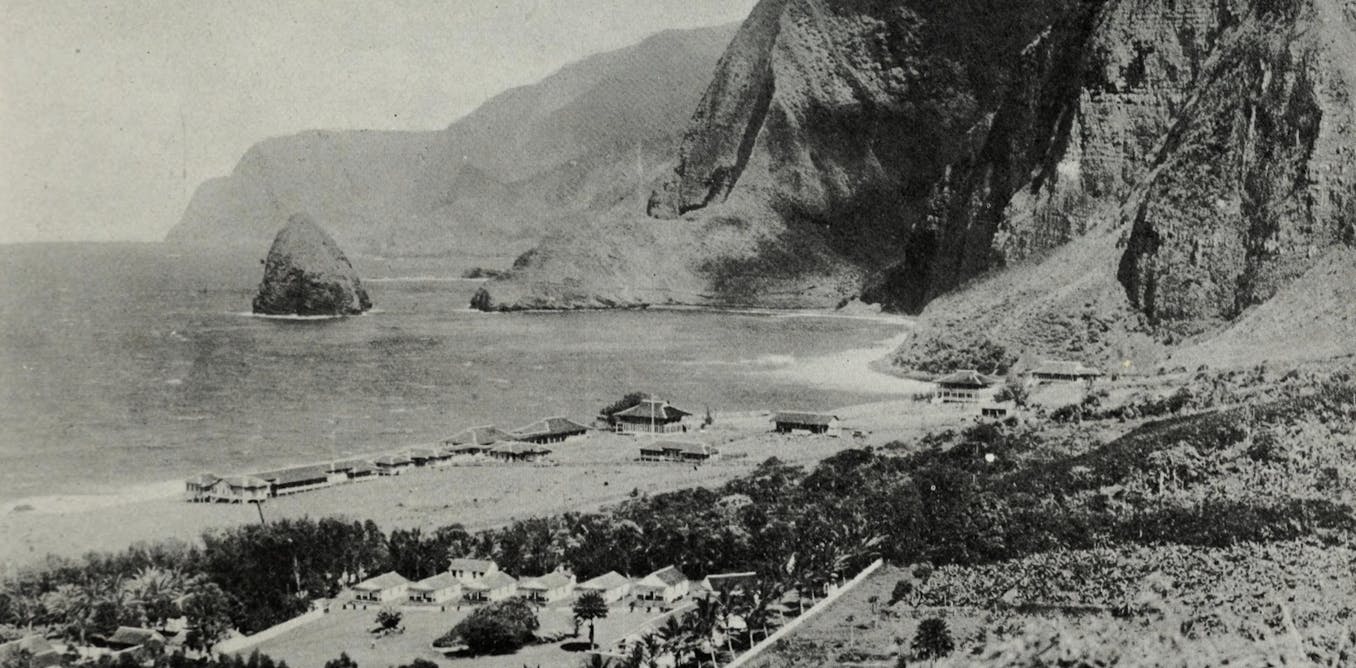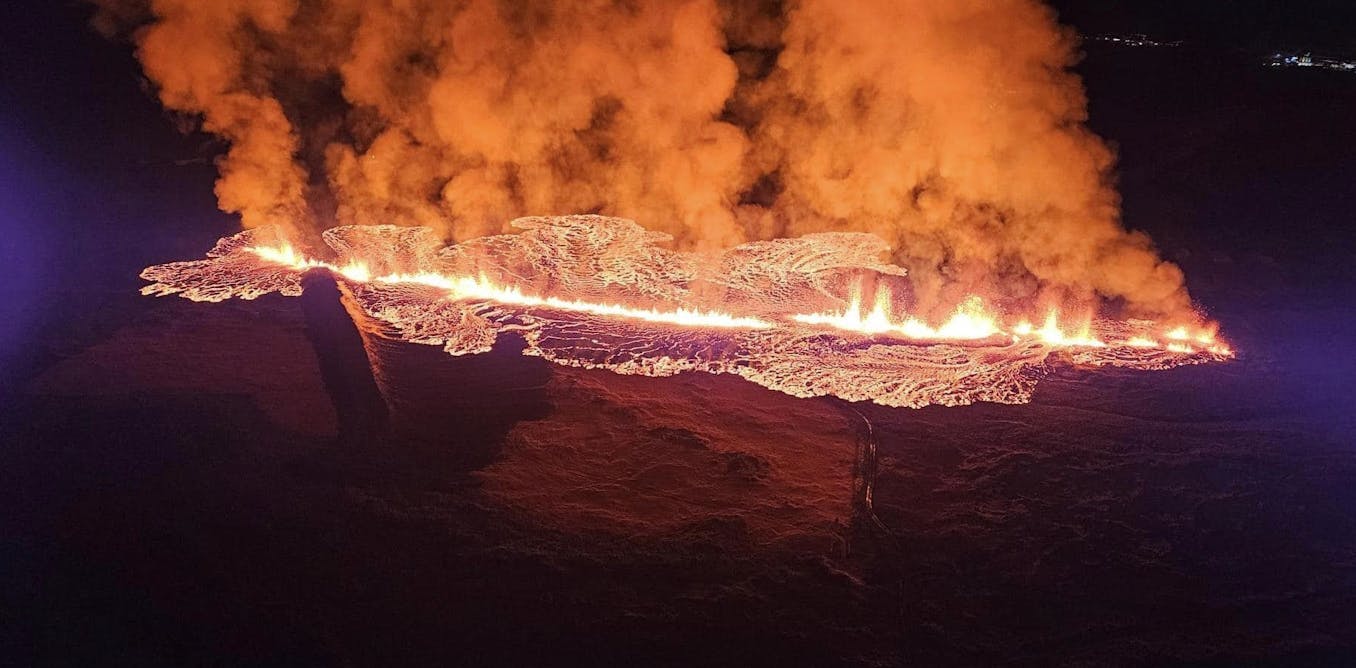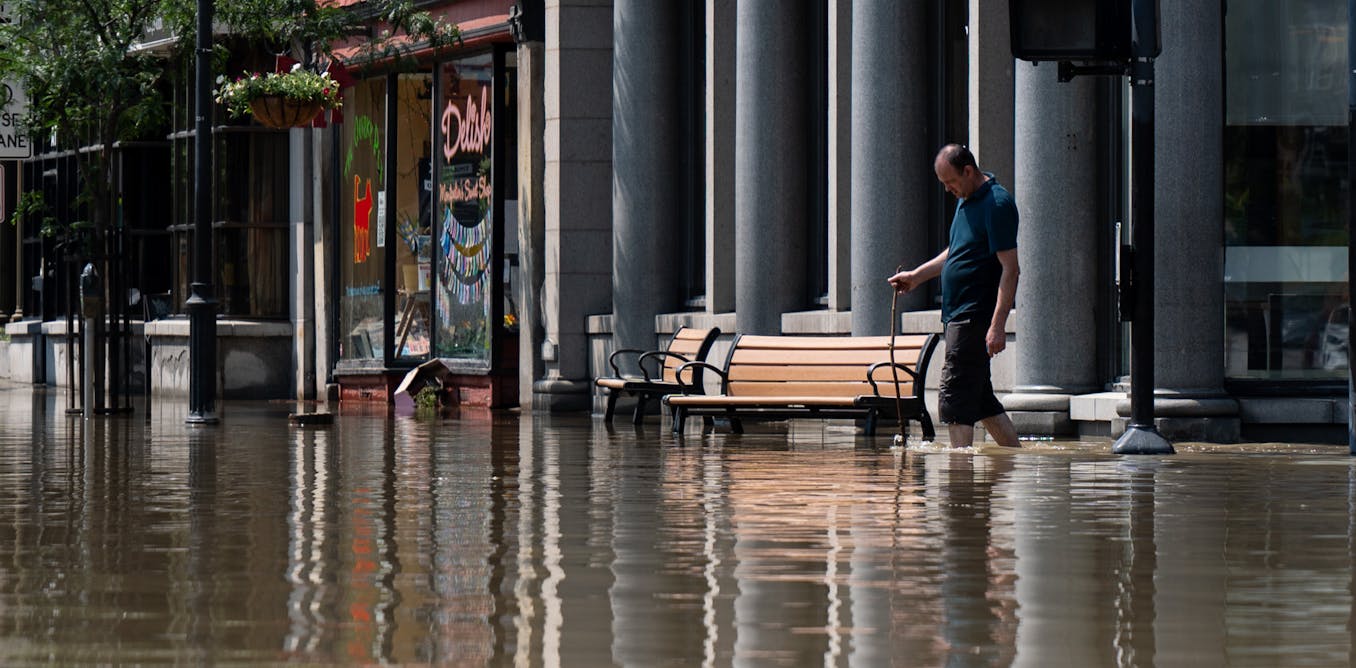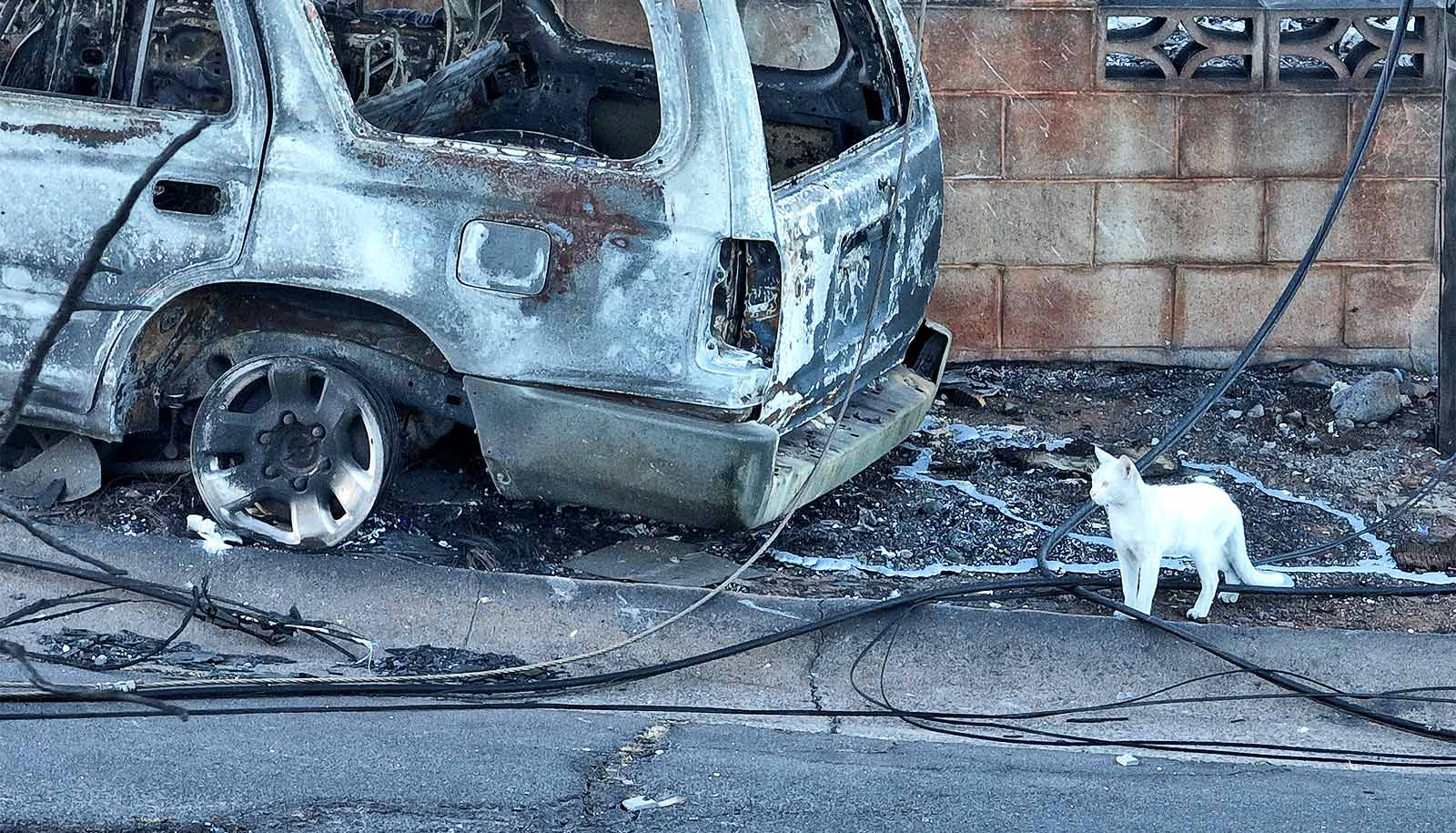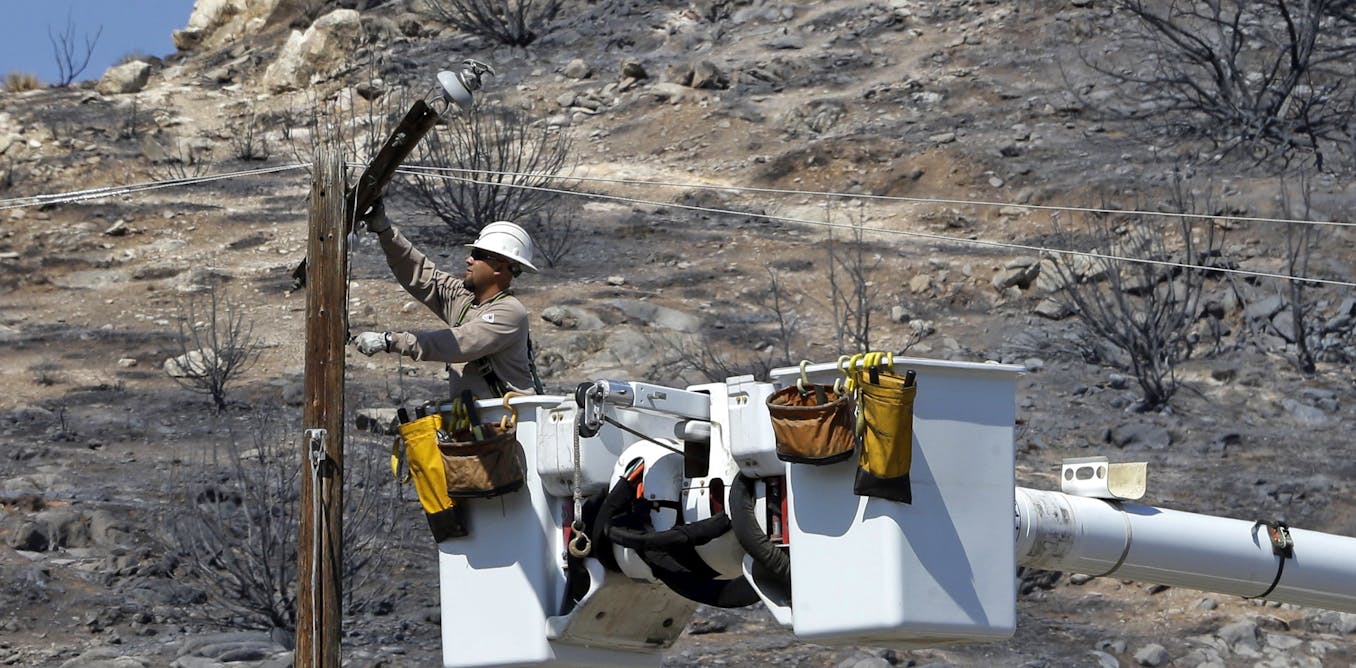Deep-sea mining threatens sea life in a way no one is thinking about − by dumping debris into the thriving midwater zone
A planned mining method to gather critical minerals from the seafloor would create sediment plumes higher up in the water column where many creatures live.
March 25, 2025 • ~10 min

